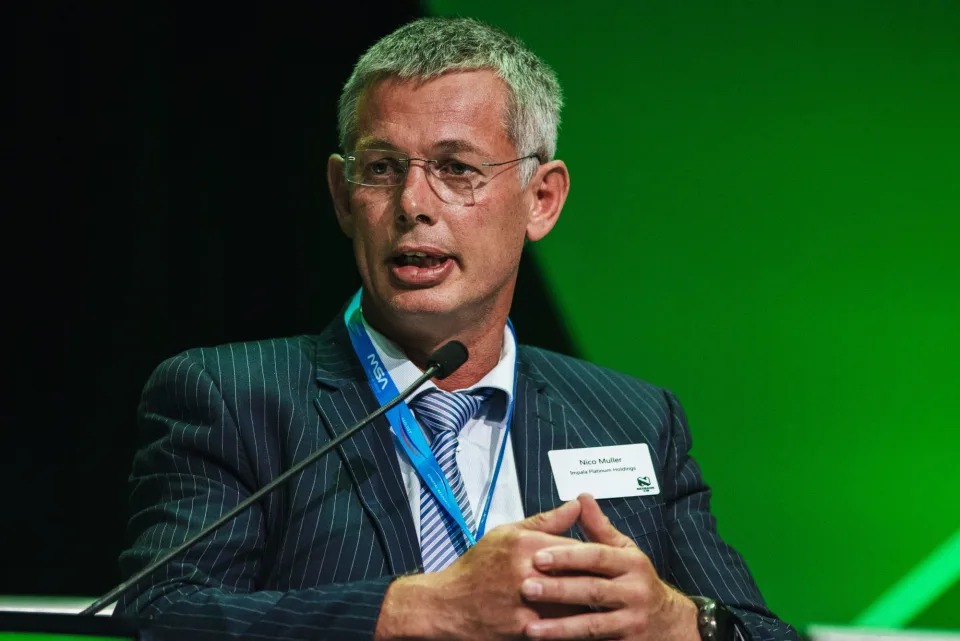CAPE TOWN: A threatening letter, a derailed train, blocked roads, burnt vehicles, workers locked up. That’s what some of the world’s biggest mining companies say they’re battling in South Africa: Extortion.
Covid-19 plunged Africa’s most-industrialised country — home to the biggest deposits of metals ranging from platinum to chrome and manganese — into the deepest economic contraction in more than a quarter century, and its aftermath has left it with soaring inflation, one of the world’s highest unemployment rates and a collapse of local government services.
Mining firms, riding a boom in the global commodities market, have been a rare bright spot, making companies like Anglo American Plc, Glencore Plc and Sibanye Stillwater Ltd. targets for groups they say are demanding as much as 30% of their lucrative procurement contracts, often with little to offer by way of skills and services. Non-compliance brings threats to executives and disruptions in operations.
“The procurement mafia mobilises the community for their own devices, which is really very straightforward extortion,” Paul Dunne, chief executive officer of Northam Platinum Holdings Ltd., the operator of the world’s deepest mine for the metal, said in an interview.
While some groups say they are fighting for social justice or black economic empowerment and demanding a bigger piece of the pie from the predominantly White-run mining companies, even the government concedes that much of the relatively new, violent extortionist phenomenon is being driven by gangs out to make a quick buck. Mining companies and even black-owned contractors say they’re increasingly confronting syndicates who incite local communities to disrupt operations.
Bloomberg interviewed more than a dozen mining executives, contractors, government officials, politicians and protesting groups, and reviewed threats received by firms to show why extortion — coming on top of onerous local-ownership rules, fractious labor unions and erratic power supplies — is turning South Africa into a less attractive destination for investment. The country’s Department of Mineral Resources, which this year began efforts to revitalise the sector, listed “community unrest” as a reason for “decreased appetite by private investors.”
Already last year, Canada’s Fraser Institute’s Annual Survey of Mining Companies, a global industry benchmark , ranked South Africa at 75th out of 84 jurisdictions, compared with 60th in 2020 and 40th in 2019. Few new mines are being dug and little exploration is taking place, hitting the sector on which the country’s economy was built — South Africa’s $55 billion mining industry accounts for 8% of gross domestic product, about half of exports and employs almost half a million people.
“The industry is under attack,” said Hennie Flynn, head of the North West province wing of the Hawks, the South African police services’ directorate that targets organised crime, economic misconduct, corruption, and other serious illegal activities. The syndicates “are creating their own mafia-type groupings that exert pressure.”
In November, a train derailed on the main export route for coal miners, with the state-owned logistics firm Transnet SOC Ltd. saying the incident occurred “against a backdrop of threats and disruptions to the company’s operations by disgruntled groupings seeking business opportunities.” Efforts to restore normal services were blocked by the Ulundi Business Forum, which demanded contracts from the company, Transnet said, adding that the group resorted to “violent, extortion efforts.”
Musa Ngqulunga, chairman of the Ulundi Business Forum, denied it had anything to do with the derailment, but said the group had been angered by contracts awarded to a business from outside the region, saying “we can’t be spectators in our area”. – Agencies




